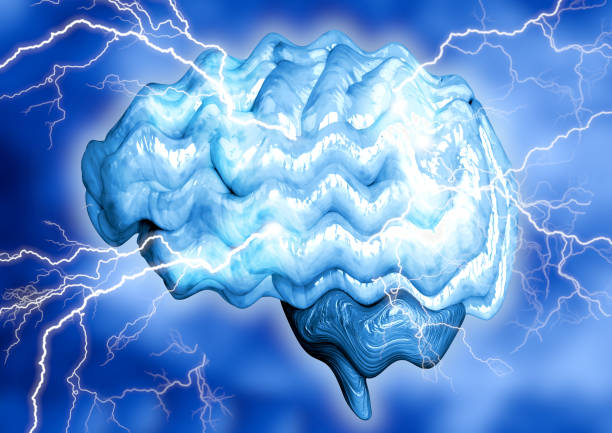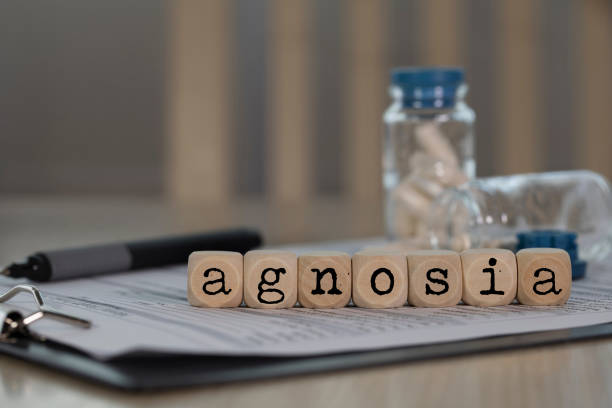Agenesis of Corpus Callosum (ACC) is a rare neurological condition that affects the structure of the brain. In simple terms, it refers to the absence or underdevelopment of the corpus callosum, a crucial bundle of nerves that connects the two hemispheres of the brain. This condition can have profound implications on an individual’s cognitive, social, and motor functions. In this article, we’ll delve into the causes, symptoms, and treatment options for Agenesis of Corpus Callosum in a way that’s easy to understand.
Causes
ACC can result from various factors, both genetic and environmental. Most commonly, it is believed to be a congenital condition, meaning it occurs during fetal development. Genetic mutations, chromosomal abnormalities, and certain prenatal exposures are potential contributors to ACC. Understanding the precise cause can be challenging, as it varies from case to case.
Symptoms of Agenesis of Corpus Callosum
The absence of the corpus callosum can lead to a range of symptoms, and the severity varies among individuals. Common manifestations of ACC include:
- Cognitive Challenges:
- Difficulty with problem-solving and abstract thinking.
- Challenges in learning and academic achievement.
- Social and emotional difficulties:
- Impaired social skills and difficulty understanding non-verbal cues.
- Emotional challenges, such as heightened anxiety or difficulty expressing emotions.
- Motor function impairments:
- Coordination and balance issues.
- Fine and gross motor skill delays.
- Seizures:
- A higher likelihood of experiencing seizures compared to the general population.
- Sensory Processing Issues:
- Heightened sensitivity to stimuli like light, sound, or touch.
Treatment of Agenesis of Corpus Callosum
While there is no cure for ACC, management strategies focus on addressing specific symptoms and improving overall quality of life. Treatment may involve:
- Therapies:
- Occupational therapy to enhance motor skills and coordination.
- Speech and language therapy to address communication challenges.
- Educational Support:
- Individualized education plans (IEPs) to accommodate learning difficulties.
- Specialized educational programs tailored to the individual’s needs.
- Medical Intervention:
- Medications to manage seizures or other associated conditions.
- Supportive Services:
- Counseling or psychological support for emotional and social well-being.
- Support groups for both individuals with ACC and their families.
Living with Agenesis of Corpus Callosum: Navigating Challenges and Embracing Abilities
Living with Agenesis of Corpus Callosum (ACC) presents unique challenges, but it’s crucial to recognize the strengths and abilities that individuals with ACC possess. Here, we’ll explore ways to navigate the challenges associated with ACC and highlight the importance of fostering a supportive environment.
Embracing Abilities:
- Individual Strengths:
- Many individuals with ACC exhibit exceptional talents and strengths in specific areas, such as creativity, music, or visual arts.
- Recognizing and nurturing these talents can contribute significantly to their overall well-being and sense of accomplishment.
- Adaptive Learning:
- Tailoring educational approaches to suit the individual’s learning style can make a substantial difference.
- Utilizing visual aids, interactive learning methods, and alternative communication techniques can enhance the educational experience.
Navigating Challenges:
- Social Integration:
- Creating inclusive social environments is crucial for individuals with ACC. Educators, peers, and family members can play a pivotal role in fostering positive social interactions.
- Social skills training and support groups can help individuals develop effective communication strategies.
- Occupational and physical therapy:
- Regular therapy sessions can address motor skill challenges and improve coordination.
- Introducing adaptive tools and assistive technologies can empower individuals to participate in daily activities more independently.
- Family and Community Support:
- Building a strong support network is essential. Families, friends, and community members can contribute to creating an inclusive and understanding environment.
- Educating those around the individual about ACC can help dispel misconceptions and promote empathy.
Research and Advancements:
- Ongoing Research:
- Medical research continues to explore the intricacies of ACC, aiming to unravel its genetic and neurological underpinnings.
- Keeping abreast of new findings can open doors to innovative therapies and interventions.
- Advancements in Technology:
- Technological advancements, such as neuroimaging techniques, contribute to better diagnostic accuracy and understanding of the condition.
- Assistive technologies, including communication devices and adaptive tools, continue to evolve, offering improved support for daily activities.
Conclusion:
While Agenesis of Corpus Callosum presents challenges, it’s crucial to view individuals with ACC through a lens of strength and resilience. By fostering understanding, providing tailored support, and embracing the unique abilities of each person, we can create a more inclusive and empowering environment for those living with ACC.
Remember, every individual with ACC is unique, and a personalized approach to care and support is key to unlocking their full potential. If you or someone you know is affected by ACC, seek guidance from healthcare professionals and support organizations dedicated to neurological conditions for personalized assistance.

